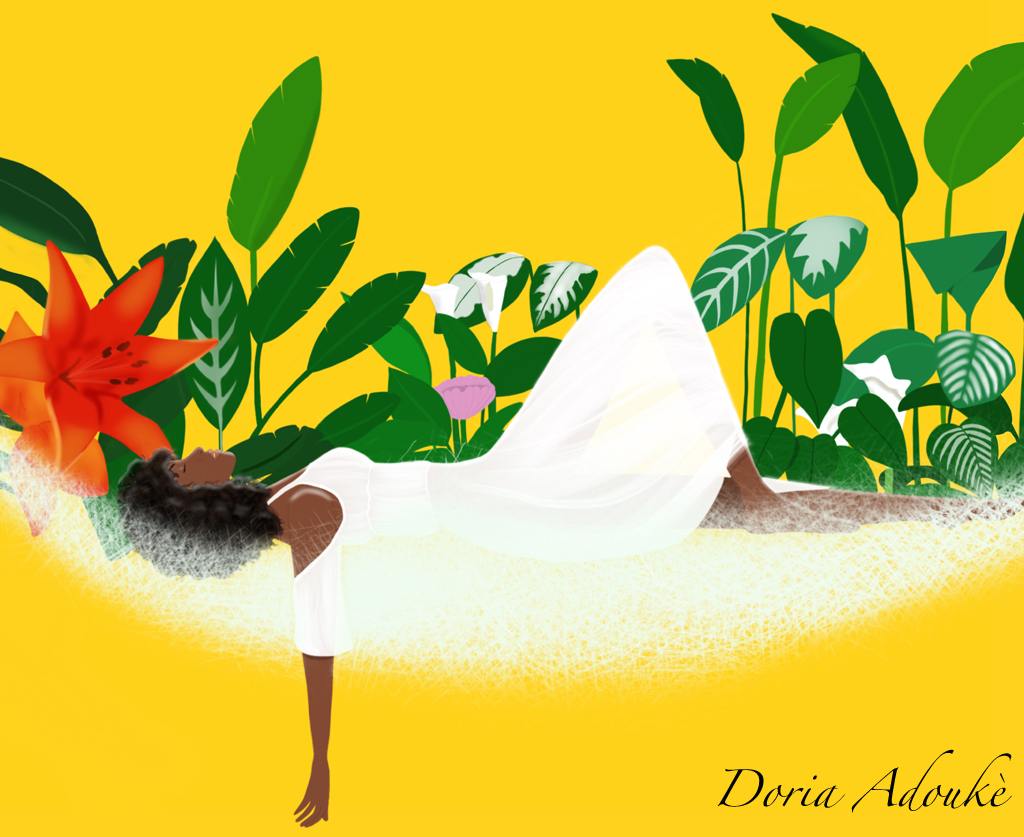Creating a Healthy Environment for the Mental Health of Black Men
There is strong stigma associated with mental health problems and illnesses in the Black community. But for Black men mental health is a taboo subject. Issues related to culture, masculinity, and the socio-political environment keeps men (and others) from tackling problems related to mental health. While scrolling on Twitter I came across tweets from Black men who are eager to go to therapy but are turned off by having a woman therapist due to the idea of being "saved or fixed by a woman". I'm aware of the importance of representation and finding someone that can empathize with you. I work in a predominantly white field and it was especially important for me to find a Black woman therapist. But with less than 30% of psychologists being males and less than 10% being Black finding a Black male psychologist can be a challenge (and not to mention factoring in where you live). So with the mental health stigma, the "Savior Complex", and the challenge to find a Black male therapist I pose the question for Black women: How can Black women can help create a healthy environment for the mental health of Black men without being or creating "Savior Complex"?
At the forefront of any healthy relationship (platonic and intimate) is communication, actually listening to understand versus listening to respond. In a healthy tone (because tone in a conversation is everything) communicate to each other about potential or existing mental health issues and set healthy boundaries. Based on that support his process and journey without using it as leverage and throwing it in his face. Cultivate an inviting judgement free, comfortable, and safe environment that allows him to be vulnerable, honest, and freely express himself; don't add to the social stigma of definition of masculinity as being tough allow him to be emotionally open. Break down the existing narratives and stereotypes surrounding the stigma of the mental health of Black men, rebuild the identity of it, and begin to prioritize mental health as a sign of strength versus a sign of weakness.
As women if we are trying to be a "Savior" or have been told we are acting like a "Savior" we need to look within ourselves and our past experiences and traumas to explore why we are trying to be a "Savior" or why we have slipped into this role. Placing yourself on a pedestal to help someone only feeds your ego versus being their counterpart and realizing that there is a part of you that you need to address, recognize, and/or heal. We all have things we are working through or need to work on but that does not grant us access to project it on to someone else.
We cannot allow our men (and women too but my focused on the men) to suffer in silence. Black adolescents and young adults have the highest rate of suicide and for Black teens ages 10 to 19 suicide rates are higher in males than in females. The mental health of Black men is just as important as the mental health of Black women. It is up to us to break down the stigma associated with it and create a new narrative and healthy cycle that allows them to freely express their emotions without any backlash.
If you are looking for a therapist and don't know where to start Ayana Therapy, founded by a Black man, strives to address the lack of engagement between minorities and mental health care by matching you with a licensed counselor via their database based on several parameters: https://www.ayanatherapy.com
Also Psychology Today has a "Find A Therapist" section where you can filter through their database based on several parameters: https://www.psychologytoday.com/us/therapists
#TidbitsOfTee #ToT #BlackBlogger #MentalHealth #BlackMen #BlackBoyJoy










